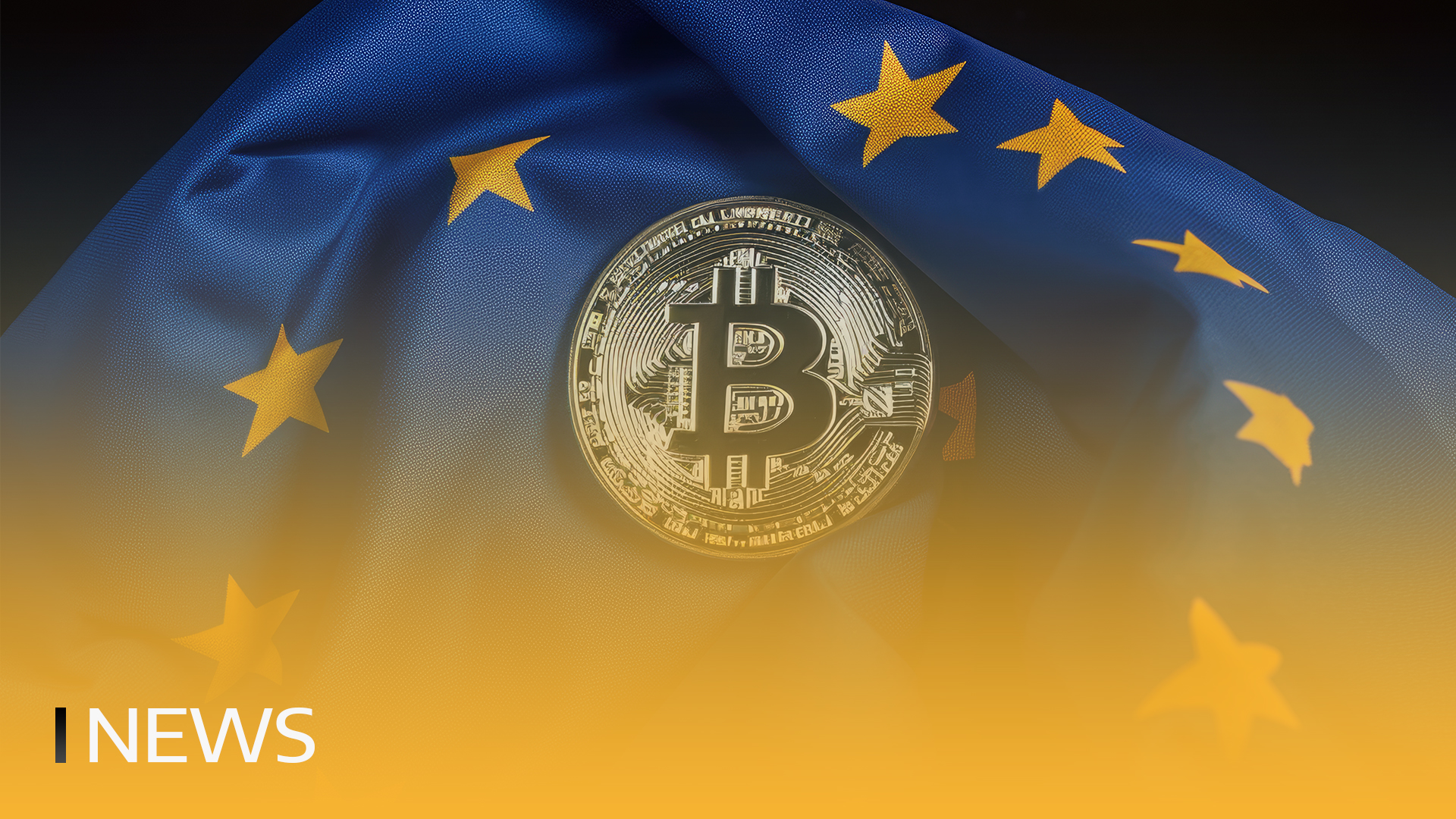European MP: No to CBDC, Yes to Bitcoin
25 Dec, 2024 ● Crypto people

European lawmaker Sarah Knafo has urged the European Union to establish a strategic Bitcoin reserve while opposing the adoption of the European Central Bank’s (ECB) proposed “digital euro” central bank digital currency (CBDC).
Knafo, a French magistrate and member of the European Parliament since June, made her stance clear in a pro-Bitcoin speech.
“No to the digital euro, yes to a strategic Bitcoin reserve,” she declared in an X post, which included a video of her address to the European Parliament.
In her remarks, Knafo criticized the ECB’s regulatory approach, calling for an end to what she described as “totalitarian temptations” and advocating for Bitcoin’s decentralized nature instead.
Knafo also highlighted global crypto developments, pointing to El Salvador’s adoption of Bitcoin in 2021 and the crypto-friendly policies expected under United States President-elect Donald Trump’s administration.
She noted that U.S. Federal Reserve Chair Jerome Powell recently referred to Bitcoin as “digital gold” in December.
She contrasted Europe’s approach, which she argued has primarily focused on regulation, taxation, and stifling innovation, with other regions embracing crypto.
“It is time to change the paradigm. It is time to protect our people from inflation and the poor economic choices of our states. It is time to say no to the totalitarian temptations of the European Central Bank, which wants to impose a digital euro entirely in its hands,” Knafo said.
She expressed concerns about the ECB’s potential control over personal financial autonomy, warning of a dystopian future:
“We do not want this dystopian world where a European bureaucrat will be able tomorrow to ban certain transactions and even eliminate us from the banking system with a click for a simple comment made on social networks or for an opinion that displeases. It is time to bet on freedom.”
The ECB has been studying the concept of a digital euro for more than four years. One of its first reports, published in October 2020, began examining the potential benefits and risks of such a currency.
However, European authorities remain divided on the issue.
Concerns have been raised about privacy risks, potential threats to private payment systems, and other challenges.
In its latest rulebook, the ECB confirmed ongoing preparations for a potential digital euro and stated that a final decision is expected by October 2025.
Sources:
https://cointelegraph.com/news/european-mp-pro-bitcoin-eu-parliament-no-digital-euro
https://x.com/knafo_sarah/status/1868766579841986739
https://www.ecb.europa.eu/pub/pdf/other/Report_on_a_digital_euro~4d7268b458.en.pdf



